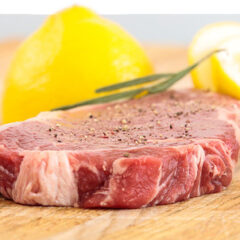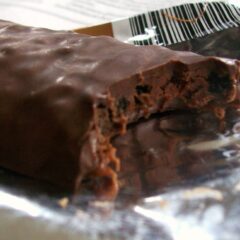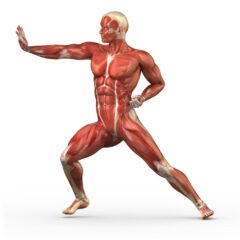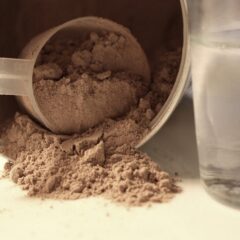Midnight Madness: A timeless Gettysburg tradition
By Ari Snaevarsson, Features Editor Just this past Saturday, I was able to partake in what is, without question, the most time-honored tradition at Gettysburg College: Midnight Madness, or Mid Mad for short. It was at this venue where I, and certainly many other of my fellow classmates, came to understand the culture of this college first. Sure, the First Year Walk, CYC events and community meetings (I legitimately cannot remember if...
How much protein do you need in your diet?
By Ari Snaevarsson, Features Editor Just to preface this article, the specific audience I am speaking to here would be the somewhat healthy (read: not plagued with all sorts of symptoms of metabolic syndrome), somewhat resistance trained population. Certainly, vastly different advice with regards to protein intake applies to the obese population than does the freakishly lean/athletic population. Nonetheless, the advice I have detailed...
High protein diets and metabolism: Part 3
By Ari Snaevarsson, Features Editor The TEF of protein As we bring the physiology side of this series to an end, another factor worth considering is the relatively higher thermic effect of food (TEF) – which I went over in my article on meal frequency and weight loss – of protein. Remember, this is the energy cost to digest, absorb, transport, store/use, and excrete nutrients. While the TEF of dietary fat rarely exceeds...
High protein diets and metabolism: Part 2
By Ari Snaevarsson, Features Editor In the first installment of the “High protein diets and metabolism” series, you will recall we broke down the claim that increased skeletal muscle, promoted by increased protein intake and progressively overloaded resistance training, means an overall increase in resting metabolic rate (RMR). Specifically, we discussed that the RMR of muscle is actually much closer to fat tissue than some sources...
High protein diets and metabolism: Part 1
By Ari Snaevarsson, Features Editor People often make the claim that high protein diets will boost muscle growth – given that treatment is paired with effective resistance training – and thereby lead to a sizeable increase in resting metabolic rate (RMR). This is because, the argument goes, skeletal muscle has a higher RMR per pound than does body fat. Other reasons that have been cited in defense of this claim is that...




